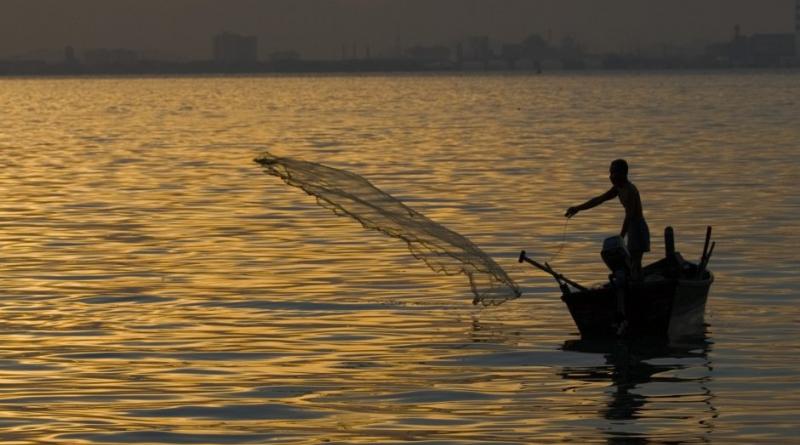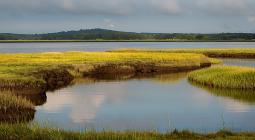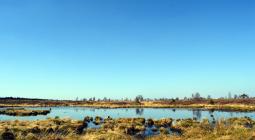Closing the gap: financing the transition towards an inclusive blue economy. 10 June 2020

Date: Wednesday, 10 June 2020
Time: 4-5pm (GMT+1)
Where: Online, using Zoom
Marine and coastal resources that support the livelihoods of millions of women and men face growing pressures, including overfishing, habitat degradation, pollution and climate change. Financial instruments can offer a solution to deliver positive socioeconomic and environmental outcomes for resource management. Join us for an online discussion on how to mobilise public and private finance to enable the transition to a sustainable and inclusive blue economy.
The marine environment and its resources sustain the livelihoods of millions of people around the world. But fish stocks and ocean habitats are under threat.
There is an urgent need to reverse this trend and transition to a more sustainable blue economy. A key challenge is mobilising adequate and sustainable financial resources to enable the transition. For example, it is estimated that restoring depleted global fisheries will cost in excess of US$ 200 billion.
One of the most important but little discussed instruments available to policymakers are ‘fiscal policy tools’ – where governments use instruments such as taxes, fees, subsidies and fiscal allocations to finance sustainable development.
The use of these instruments for domestic resource mobilisation is central to the pursuit of sustainable development, including achieving the UN Sustainable Development Goals. However, fiscal tools are unlikely to provide enough resources to enable the transition to a sustainable and inclusive blue economy, particularly in the face of economic shocks as a result of the COVID-19 pandemic.
At the same time, there is a growing interest in private financing to support the conservation and sustainable use of natural marine and coastal resources. Between 2004 and 2015, US$42 million of private capital was committed to sustainable fisheries and aquaculture projects but overall, the blue economy is not yet attracting private investment at the pace of other sectors.
In celebration of World Oceans Day 2020, this event on the Wednesday, 10 June will explore how private and public capital can support the transition to a sustainable and inclusive blue economy. How can these flows be maximised and complementary in meeting the financing gap? What are the advantages and risks? And how might the coronavirus pandemic impact the transition?
About the speakers
Angelique Brathwaite is the director wider Caribbean and co-founder of Blue Finance
Rashid Sumaila is a professor of ocean and fisheries economics at the University of British Columbia
Torsten Thiele is a senior research associate at the Institute for Advanced Sustainability Studies
The event will be facilitated by Laura Kelly, the director of IIED’s Shaping Sustainable Markets research group
How to attend
Webinars are online workshops that people can attend via the internet from their desk or portable internet device.
This webinar will use the Zoom video conferencing platform. For those who have not attended a Zoom webinar before, please read this guide to participation as an attendee.
The event will be recorded to be distributed publicly afterwards. By registering for this event, you agree to give your consent for this.
Contact
Juliette Tunstall (juliette.tunstall@iied.org), internal engagement and external events officer
27 May 2020
iied





